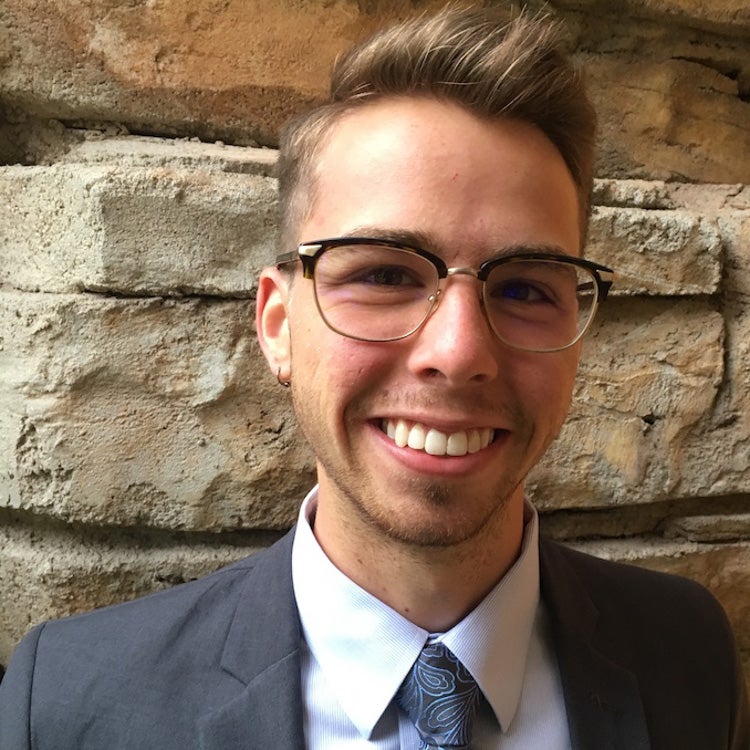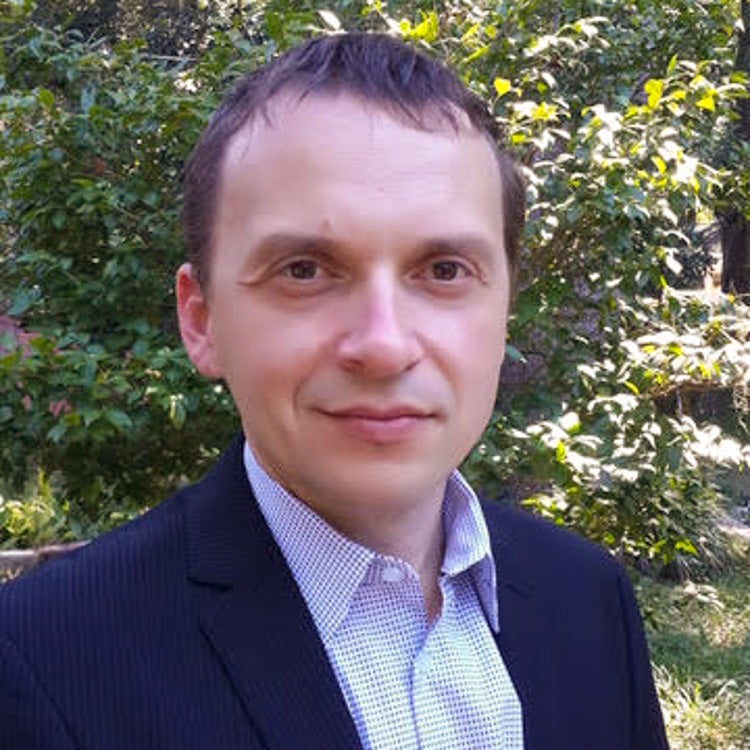
Shae Machlus
PHYSICS
Outstanding Senior Scholar - Summer 2020 Graduate
Questions for student:
Where are you from?
New Port Richey, Florida
In a few sentences tell us about your honors thesis! How would you describe it to someone not in your academic field?
Determining the behavior of a system of three interacting bodies is a problem made important by its application to a rich variety of sub-fields in physics. Our work contributed to the discussion of this problem by addressing the calculation of "observables" (for example, the average squared distance between two particles) of a three body system. Additionally, we put forth a new result on how the energy of a three body system of particles changes when the largest of the particles is given a finite size (rather than being point-like), which is an improvement to the model.
How did you choose your mentor, and what do you recommend students interested in starting an honors thesis look for in a mentor?
I chose Dr. Volya because he is willing to support undergraduates in taking on theoretical/computational research projects. I decided to approach him about starting an honors thesis project after reading an interesting thesis on FSU's "DigiNole" archive, on which he was listed as the mentor. I'd recommend others to choose a mentor with overlapping research interests and to check out the honors theses published underneath that mentor on the "DigiNole" archive. The latter will give you a rough idea of the work you could expect from doing an honors thesis with that individual.
What are your plans after you graduate from FSU?
I will be attending the University of Chicago to work towards a Ph.D. in physics.

Alexander Volya, Ph.D.
PROFESSOR OF PHYSICS
THESIS DIRECTOR
Questions for mentor:
What motivates or inspires you to mentor undergraduate students?
Passing your knowledge and skills to a future generation of scientists is just as important as the scientific research itself. Working with undergraduate students is an exciting and rewarding experience. This is a wonderful opportunity to work with highly motivated people and to have a lasting impact on the future of science.
What do you think characterizes a good mentoring relationship between student and honors thesis mentor?
Team work is the best characterization of the professional student-mentor relation. Working together, helping each other, learning from each other, and striving to succeed in research and discovery are some of the main characteristics of a good research team.
